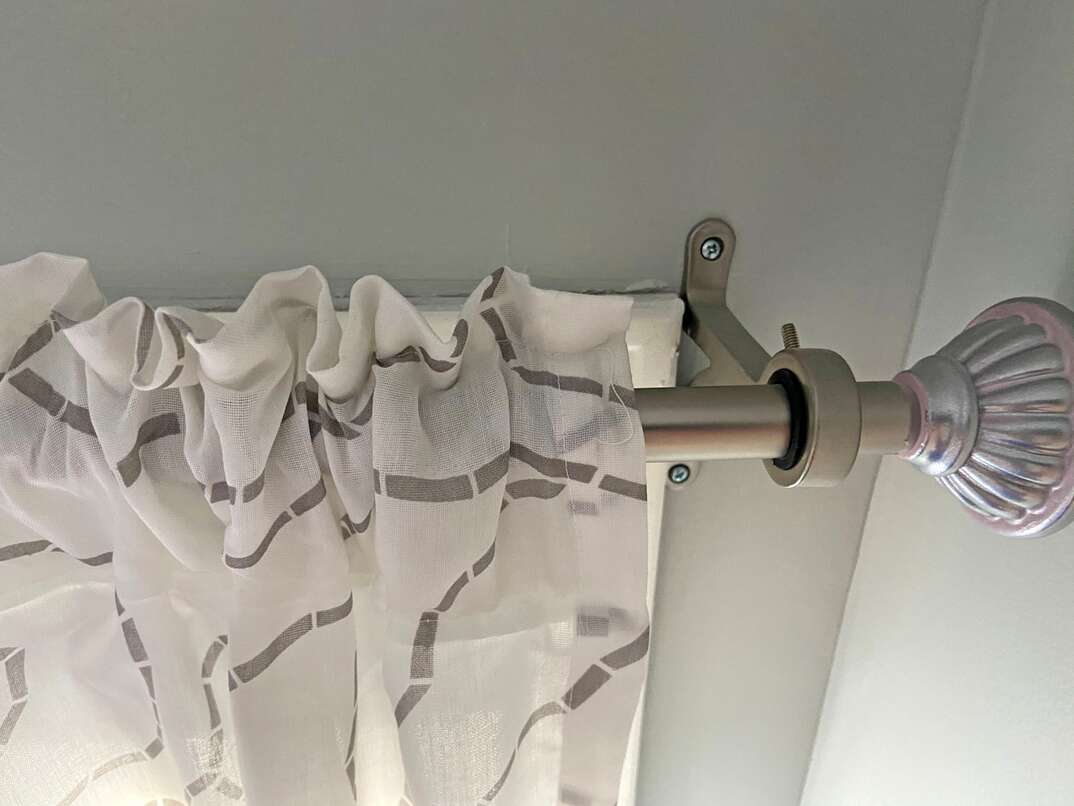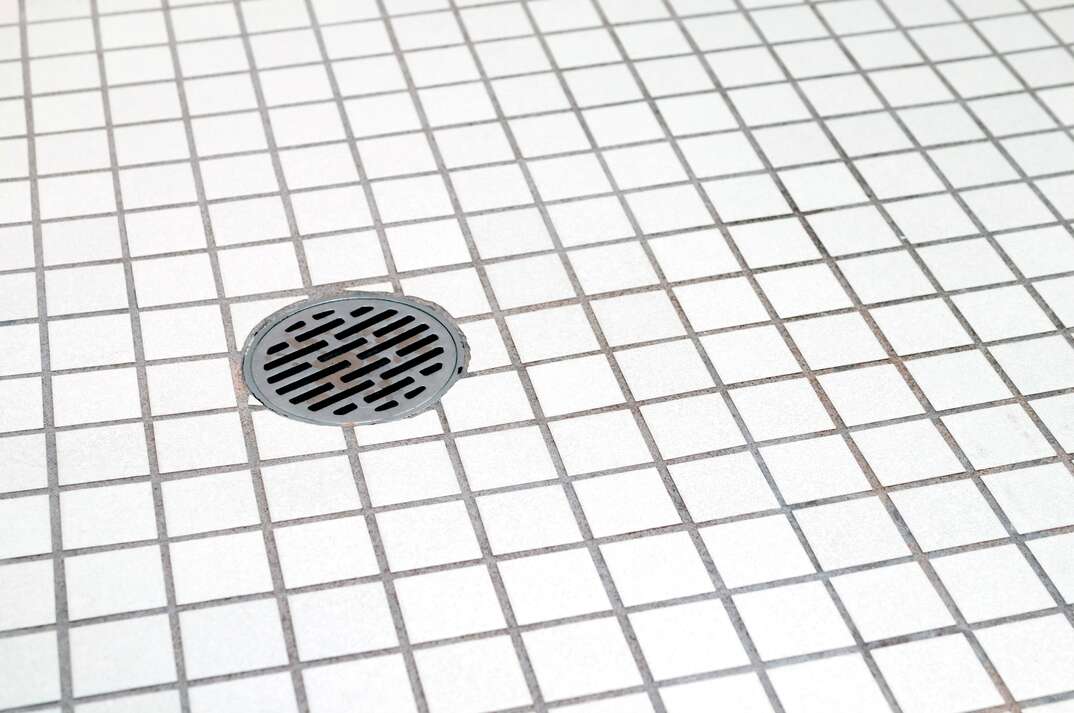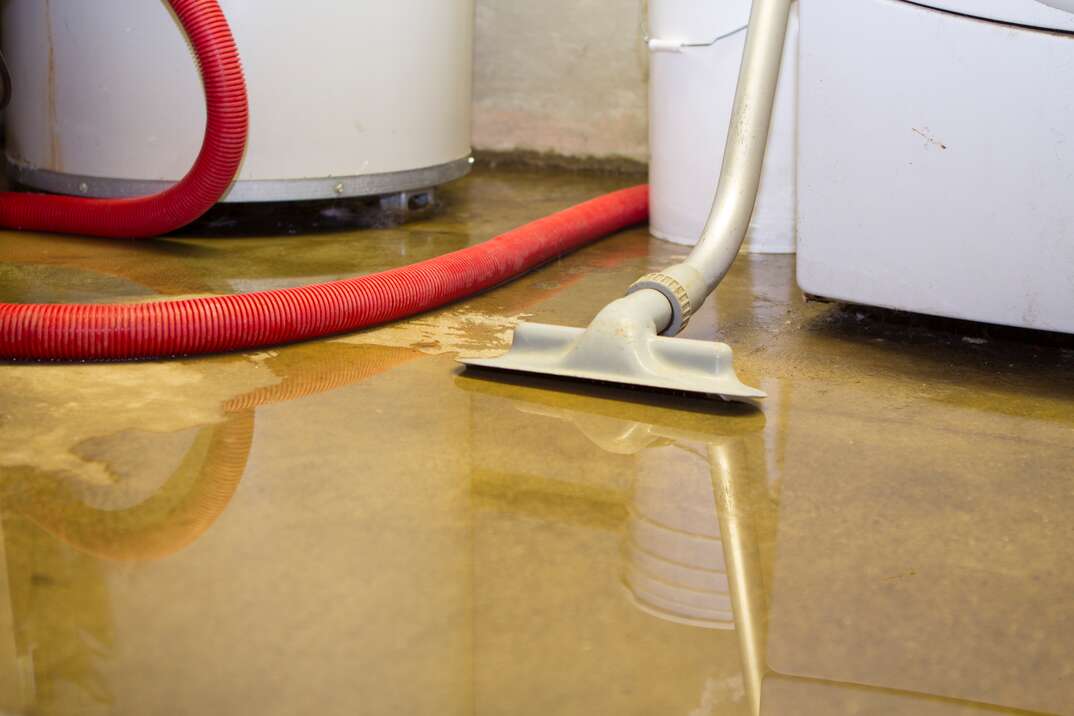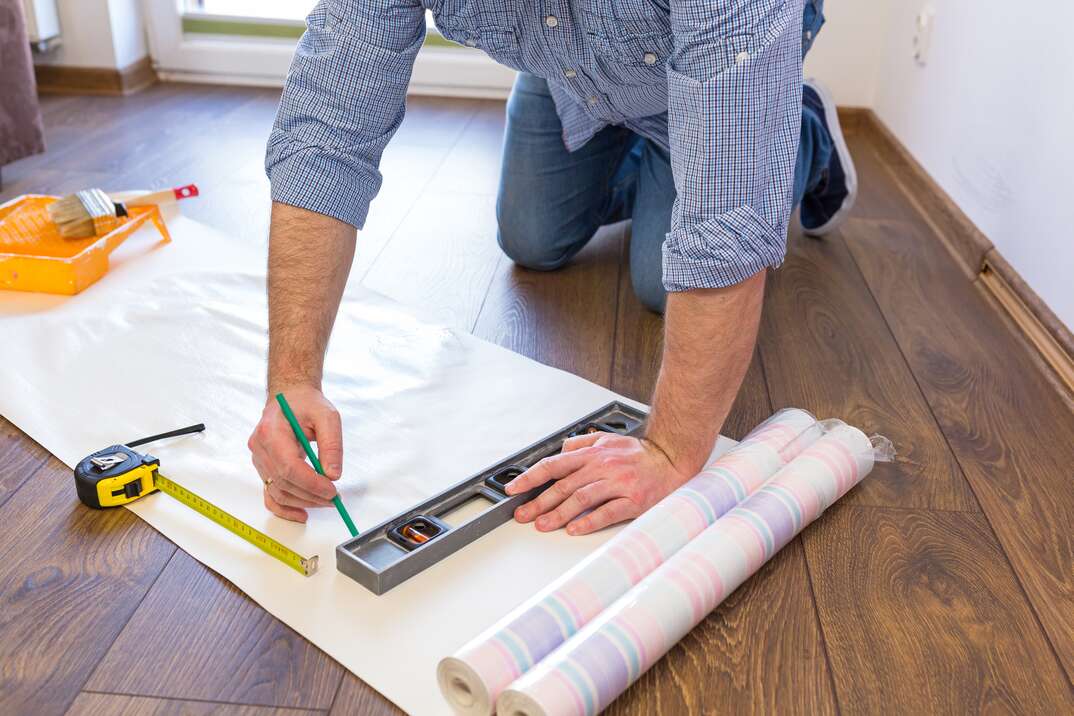How Much Do Different Types of Window Treatments Cost?

Window Treatment Costs at a Glance
- Average curtains cost: $7-$50 per panel
- Linen or silk curtains: $20-$150 per panel
- Custom or designer curtains: $1,500+ per panel
- Average blinds cost: $11-$215 per window
- Vertical blinds: $50 per window
- Roller blinds: $8-$150 per window
- Average shades cost: $7-$200 per window
Windows are one of the things many people consider when choosing a home. Are there enough windows? Are they properly placed to catch the morning or afternoon sun? Do they add visual appeal to the exterior and interior space? And as important as windows are, often the first thing we do when moving into a space is cover them up.
This May Also Interest You: How to Install Window Blinds: Your DIY Guide
Curtains, blinds, shades and more: Here’s how much they’ll cost to install.
Are Window Treatments Expensive?
Window treatments can be expensive, but they don't have to be. Basic blinds or curtains for a small or mid-size window — including installation hardware or rods — can run as low as $20 to $30. Designer window treatments may cost hundreds or even thousands of dollars, especially for large specialty windows.
What Is the Least Expensive Window Treatment?
Inexpensive curtains are often the most affordable window treatments. You may be able to pick up curtains on sale at department or discount stores for as little as $5 to $12 a panel.
Types of Window Treatments
How much window blinds, shades or curtains cost depends on a variety of factors, including the size of your windows, the material and where you buy them. Here's a look at some average price ranges for different types of shades, drapes and blinds:
How Much Do Curtains Cost?
Prices for curtains can range from $5 or $7 per panel for discount curtains, up to $1,500 or more for custom designer panels, according to data from Cost Helper.
Inexpensive fabrics in basic designs from retailers such as Walmart, Target, Big Lots or Amazon cost $7 to $50 per panel or panel pair. You can buy curtains one panel at a time or in sets to cover a window.
More expensive fabrics, which can include linen or silk, may cost $20 to $150 per panel or more. Lined curtains meant to support energy efficiency, such as thermal or blackout curtains, often cost between $20 and $150 as well. Custom curtains, which are made from specialty fabrics or to fit specific windows, can run up to $1,500.
Typically, the bigger your windows and the more area you want to cover with curtains, the higher the price.
If you're installing curtains, you may also have to buy curtain rods and installation hardware. Other expenses could include valances, cornices, finials and other decorative items, depending on how you want the windows to look when you're done. These additional items can add between $5 and $600 or more, depending on how elaborate you want to get.
How Much Do Blinds Cost?
The cost of blinds depends on what type of blinds you purchase and how big your windows are. PVC or fabric blinds tend to cost less than wood slats, for example.
Slat blinds, which are also often called mini blinds, cost $11 to $215 or more per window depending on size and material, according to HowMuch.net. Vertical blinds, or Roman blinds, start around $50 per window. Roller blinds, which are usually a long piece of fabric or woven pieces that unroll to cover the window, can cost $8 to $150 per window.
As with curtains, if you want specialty, designer or custom blinds, you will likely pay much more. Most store-bought blinds do come with the basic hardware you'll need to hang them, so you don't typically have to worry about a lot of extra costs there.
How Much Do Shades Cost?
The price of window shades also varies by size, type and material. Average prices range from around $7 to $200 per window, with designer or custom options costing much more.
You may need to purchase hardware or other materials to install shades, depending on what type you invest in. That extra cost ranges between $5 and $40 per window.
How Much Does Installation Cost?
If you're opting for discount blinds and shades or other affordable window coverings, you'll probably just install them yourself. Custom curtains, blinds and shades may call for professional installation — especially if you want them to look and function their best. These types of jobs might even call for extra steps, such as removing screens or adding molding to windows.
Installation costs vary depending on where you live and who you hire. A handyman may charge $40 an hour or less, while professional window dressers may charge a per-window fee for installation. That might start at $20 or more per window — and it might cost much more if you didn't buy the window coverings from the same company that's doing the installation.
More Related Articles:
- How to Clean Windows to Get that Streak-Free Shine
- How Much Does It Cost to Replace a Window?
- How to Insulate Windows
- Save Yourself Some Pane With Our DIY Window Repair Guide
- 5 Reasons to Remove Window Screens for Winter
Factors That Impact Window Treatment Cost
The type of window covering you choose — from basic fabric blinds to designer drapes — impacts the overall cost. Here are some other factors that can affect how much you pay for window treatments:
Size
The larger the area to cover, the more material you need. And that means more expensive window coverings. Some people choose curtains that are designed only to cover part of a window to help cut down on costs while also creating a decorative look. It’s also cheaper to cover standard-size windows because some treatments come precut. If you have custom windows, you may need custom coverings.
Material
Custom and luxury materials and fabrics will cost more. Thicker curtain fabric or curtains with more layers also cost more. That's why sheers — curtains made of very thin material you can see through — are often the least expensive option.
Decorative Elements
A curtain rod can cost a couple of dollars on the low end, and installation hardware for blinds is often free and comes in the box. But if you want something more, you may end up paying a lot for it. Decorative finials, specialty coverings to create seamless visuals with blinds or tie-back hooks can all increase the cost of installation.
Specialty Care
Most window coverings are fairly easy to care for. However, if you purchase custom window treatments, you may want to pay someone to clean or maintain them occasionally or invest in specialty equipment, such as a steam-cleaning system, to do it yourself properly. This can help lengthen the life of the window treatments to protect your investment.
Reasons to Invest in Window Coverings
Window coverings can be a pricey addition to your home decor. Even if you opt for affordable window coverings, the cost adds up based on how many windows you have. Here are some of the reasons people consider window covers to be a wise investment:
Privacy
Depending on where you live, people might be able to peek into your home through your windows. Drawing the curtains or pulling down the shades is an easy way to keep your business to yourself.
The Look
Curtains and other window coverings are a great way to add color and visual appeal to your rooms.
Energy Efficiency
Window coverings block sunlight during warm months to help keep the interior of your home cool. During the cooler months, they can keep cold air out and help block drafts. Thermal or energy-efficient curtains and blinds help with this even more and might even contribute to reducing your utility bills. That potential savings could help make up for some of the investment.
How Often Do You Need to Replace Window Coverings?
Quality curtains, blinds or other window treatments can last for years, especially when they're installed correctly and maintained well. That's another reason to invest in window treatments that you really like; you may also want to consider neutral curtains or blinds that will work with future changes you make to the room's decor.
Make sure to follow the manufacturer's instructions when using blinds or shades to keep from breaking them. Use dusting or cleaning tools to keep them clean. Curtains are often a bit easier to maintain, as you can take them down for washing, steaming or dry cleaning as needed. Deep clean window coverings at least twice a year to cut down on dust and other issues that can collect in these areas.
Since we’re all home now more than ever, being prepared for unexpected home repairs with a plan from HomeServe is important. Having a plan in place gives you peace of mind knowing that you can simply call our 24/7 repair hotline for covered breakdowns. See what plans are available in your neighborhood.


